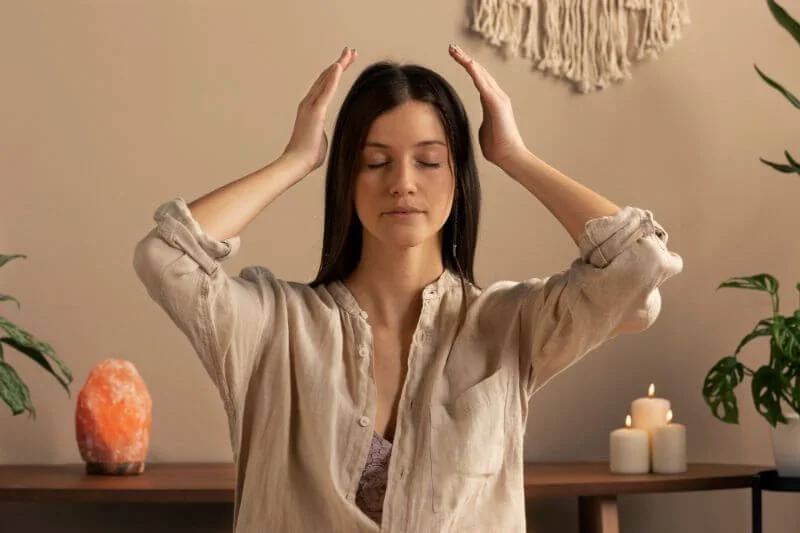If you’re looking for ways to reduce feelings of stress and anxiety, alternative therapies such as mindfulness, meditation or yoga may be the answer. Studies have shown that people suffering from depression, anxiety and other mental health issues can benefit significantly from these natural approaches. In this blog post, we're taking a closer look at how these three therapeutic practices—mindfulness, meditation and yoga—can help alleviate feelings of stress and promote inner peace. Whether it is used on its own or in conjunction with traditional treatments like psychotherapy or medication, each one offers a unique approach to working towards increased mental well-being. We'll explore the various methods each therapy encourages for calming your mind, reducing negative thought patterns, relieving physical tension and restoring emotional balance.
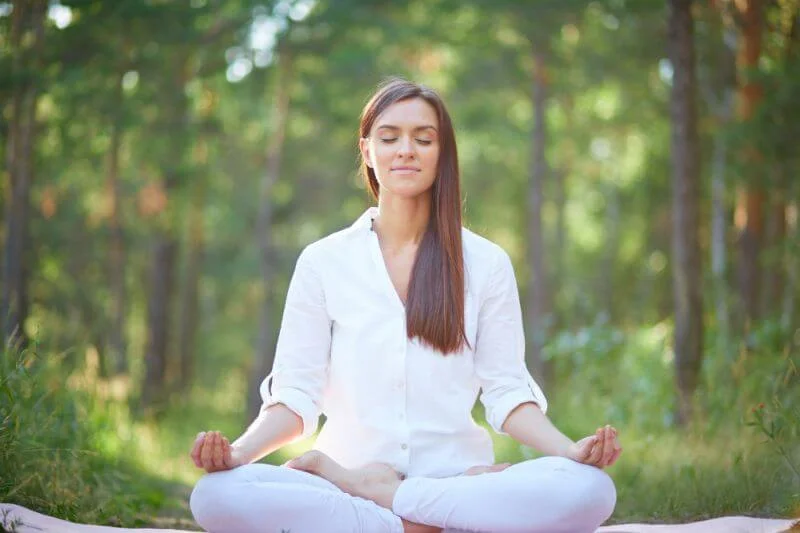
Mindfulness and Meditation - Explaining the concept, benefits, and how to get started
Mindfulness and meditation have gained much attention in recent years, and for a good reason. These practices offer a wide range of benefits that can positively impact both our physical and mental health. Put simply, mindfulness is the practice of being present and fully engaged in the current moment without judgment or distraction. Meditation, on the other hand, involves intentionally quieting the mind and focusing on a specific object, such as the breath or a mantra. Both mindfulness and meditation have been shown to reduce stress and anxiety, improve sleep, and enhance overall well-being. To get started, find a quiet space where you won't be interrupted, sit comfortably with your back straight, and begin focusing on your breath. If your mind starts to wander, gently redirect your focus back to your breath. Remember, the goal is not to completely quiet the mind but rather to cultivate a sense of awareness and presence. With regular practice, you may find that mindfulness and meditation become powerful tools for coping with life's challenges and improving your overall quality of life.
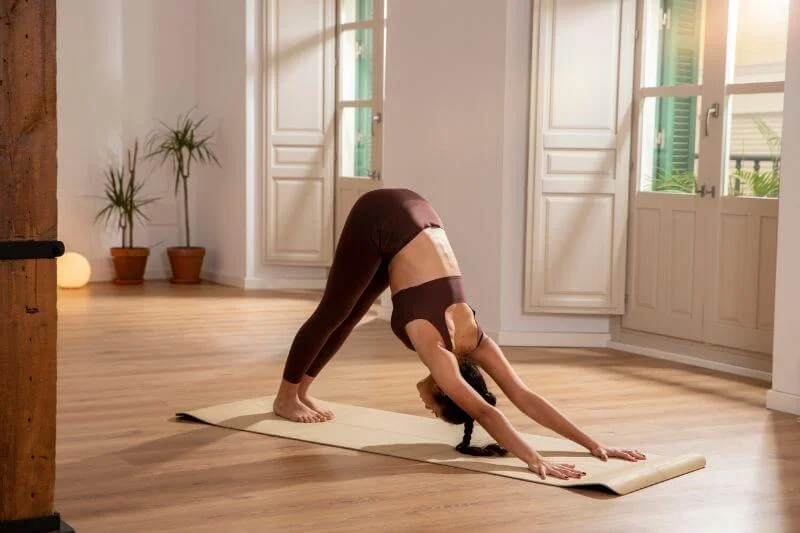
Yoga for Anxiety - What yoga poses can help reduce stress, anxiety, and tension in the body
Yoga can be a powerful tool in reducing stress, anxiety, and tension in the body. The practice of yoga has long been associated with improving mental and physical health, and numerous studies have shown its effectiveness in alleviating anxiety symptoms. Some yoga poses that are especially helpful in reducing stress include the downward-facing dog, legs-up-the-wall pose, and corpse pose. These poses help to calm the mind and release tension in the body, allowing for a greater sense of relaxation and well-being. Whether you are dealing with mild or severe anxiety, incorporating yoga into your daily routine can be a valuable tool in managing your symptoms and improving your overall health.
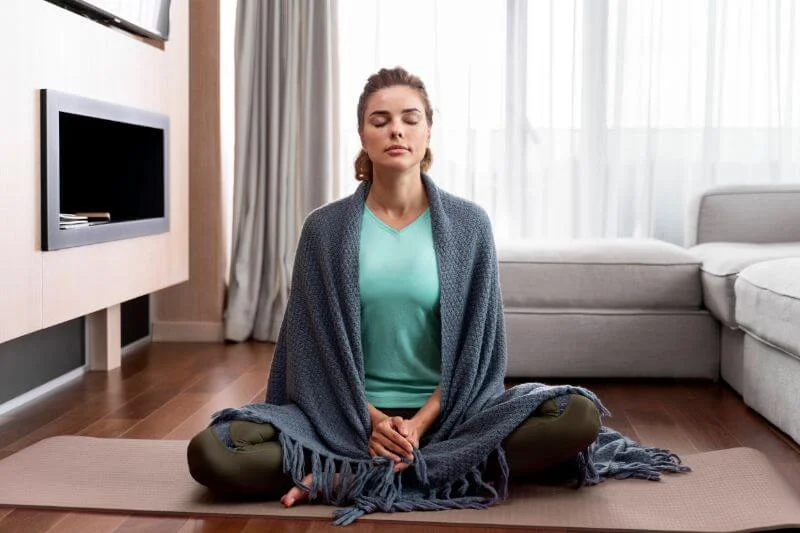
Breathing Techniques - Learn how to use proper breathing techniques to reduce stress levels
Breathing is something that we do without even thinking about it, but did you know that by changing the way you breathe, you can reduce stress levels and increase your overall well-being? Learning how to use proper breathing techniques is a great way to help calm your mind and body and reduce the negative effects of stress on your health. Deep breathing exercises, abdominal breathing, and progressive muscle relaxation are just a few techniques that you can incorporate into your daily routine to help you feel more calm and centered. So take a deep breath in, and let's explore the benefits of proper breathing together.

Guided Imagery - Explore the power of guided imagery and its potential to improve your mental health
If you've been on the search for a holistic approach to improving your mental health, look no further than guided imagery. This powerful technique allows individuals to harness the power of their own imagination and visualization skills to promote feelings of relaxation and peace. By using guided imagery, you can tap into deep inner wisdom and promote healing within your mind and body. Whether you're struggling with anxiety, stress or other mental health concerns, guided imagery can be a useful tool to help you manage your symptoms and find a greater sense of balance and harmony in your life.
Research has shown that guided imagery can be an effective complementary therapy for a variety of mental health conditions, including anxiety, depression, and post-traumatic stress disorder (PTSD). It can also be a useful tool for promoting better sleep, reducing pain, and improving overall well-being.
However, while guided imagery can be a helpful tool for improving mental health, it should not be considered a replacement for professional medical treatment. Those with severe mental health conditions should seek the advice of a healthcare professional before incorporating guided imagery into their treatment plan.
So why wait? Explore the potential of guided imagery today and start experiencing the benefits of this powerful practice for yourself.
Coping with Anxiety - Tips on developing coping mechanisms to address fear, worry, and self-doubt
Anxiety can be overwhelming, but there are practical tips that you can start adopting today to help you cope. First, acknowledge your feelings and work on identifying any triggers. Once you have identified what causes anxiety for you, work on developing coping mechanisms that will help you manage your thoughts and emotions. Some people find it helpful to practice meditation, while others benefit from physical exercise or talking to a support group. Remember that anxiety is a common experience, and seeking help is a brave and commendable step. Do not hesitate to seek professional help or confide in a trusted friend or family member. With the right resources and support, you can overcome anxiety and live a fulfilling life.
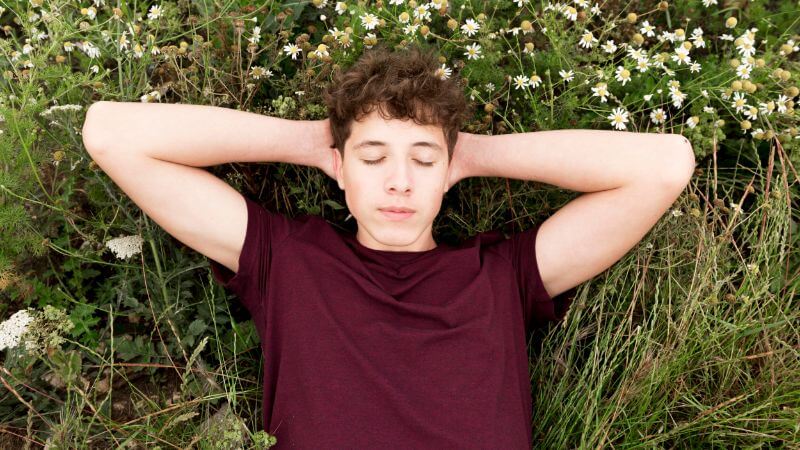
Discover how living mindfully can help you achieve inner peace and tranquillity
Stress has become an integral part of our daily lives. It affects both our physical and mental well-being, leaving us feeling exhausted and depleted. However, the practice of mindful living can help us to overcome this perpetual state of stress. Living mindfully involves being present in the moment, practicing deep breathing, and being aware of our surroundings. This can help us achieve inner peace and tranquillity, reducing stress levels and increasing productivity. By consciously focusing on the here and now, we give ourselves permission to let go of the worries and anxieties that consume us. In essence, mindful living helps us to regain control of our lives, allowing us to experience a sense of calm and mental clarity that comes from within.
Mindfulness, meditation, and yoga are powerful tools for managing anxiety. By understanding the basics of each practice, developing breathing techniques to reduce stress levels, and learning coping strategies, you can take steps towards well-being that will make a profound difference in your life. Additionally, guided imagery can be an effective way for people to engage their minds in positive visualization and reduce fear or worry. Finally, mindful living can help create a sense of inner peace and tranquillity even amidst difficult times. All of these practices come together to create a holistic approach to treating anxiety. If you’d like further guidance on how to manage anxiety through these alternative therapies, please reach out and contact our Cura4U Specialty Care Physician. With the right care and support system in place, you can gain control over your mental health and learn to better cope with your fears, worries, and doubts.
Our clinical experts continually monitor the health and medical content posted on CURA4U, and we update our blogs and articles when new information becomes available.





